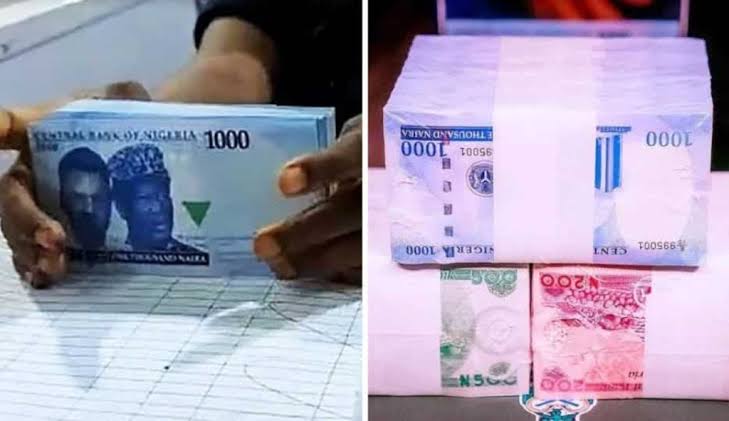By Halimah Olamide and Kamil Opeyemi
There are anxieties among party leaders, candidates and their supporters Nigerians go to the poll for the first time in recent history with no cash flying around.
Decades of elections in the past had witnessed massive flow of Naira on election days.
Most party supporters had queued more for voting in return for monetary gains.
Called vote buying, the practice had gained more notoriety in Nigeria with candidates and their parties stock-piling Naira for distributions on election days.
Of recent the practice had attracted the attention of concerned stakeholders in and out of the country with claims that the practice had made nonsense of democratic values.
“This has made it impossible for you to determine how people really vote,” said Dr. Hakeem Tijani, researcher at the Nigerian Institute of Social and Economic Research NISER, Ibadan.
Tijani, who had conducted wide research on voting patterns in Africa, had said that money had played too much roles in influencing voters’ choices to the extent that no one really can determine whether democracy has really been in play.
“This has pushed people with genuine intentions for good governance but who have no access to stolen funds away from nursing political ambitions,” he said
The European Union, Ford Foundation, Macarthur Foundation, and other funding agencies had financed campaigns against vote buying.
The recent redesign of the nation’s currency had created some difficulties in how Nigerians get cash for transactions.
The country’s apex bank, Central Bank of Nigeria had announced a redesign of the N1000, N500 and N200 notes with an initial deadline that was later changed.
However, since the last deadline February 10, 2023, was given, the President Muhammadu Buhari administration has insisted the deadline remained in force despite all outcries.
The policy is generally believed to target vote buying.
The candidate of his ruling All Progressive Congress, Bola Tinubu, had led the campaigns for the change of mind over Naira redesign and swap deadline with governors elected on the platform of the party dragging the Federal Government to Court to stop its implementation.
It is the first in Nigeria’s political history that stakeholders within the ruling party would be so vehement in open condemnation of a major policy decision of their own party.
NPO Reports findings till late Friday showed that many political leaders were confused how to handle supporters in the face of lack of cash.
Elections eve are usually characterised with last minute movements of cash from party offices, Government Houses, to party chieftains down to the ward levels for distributions to the final collectors.
Reports from across the country showed that coordinators and other party chieftains waited in vain till late in the night for cash to be deployed.
The situation became more worrisome as news filtered in from Rivers and Lagos states that some chieftains of political parties had been arrested by security agents with huge sums of money in both local and foreign currencies.
There have been allegations that the funds were meant for vote buying.
Already, NPO Reports that there are apprehensions among party leaders that even if given money to buy votes today, there might be repercussions as a result of the anger of the people.
“Anyone who brings out new Naira notes today at polling centres ought to be arrested. As a matter of fact, Nigerians can attack such people because what it means is that the money ordinary Nigerians ought to have been paid peacefully at banks had been collected by some dubious people and kept home for this election. People must react.” Said Razak Ajibola, a medical doctor who spoke with the NPO Reports


